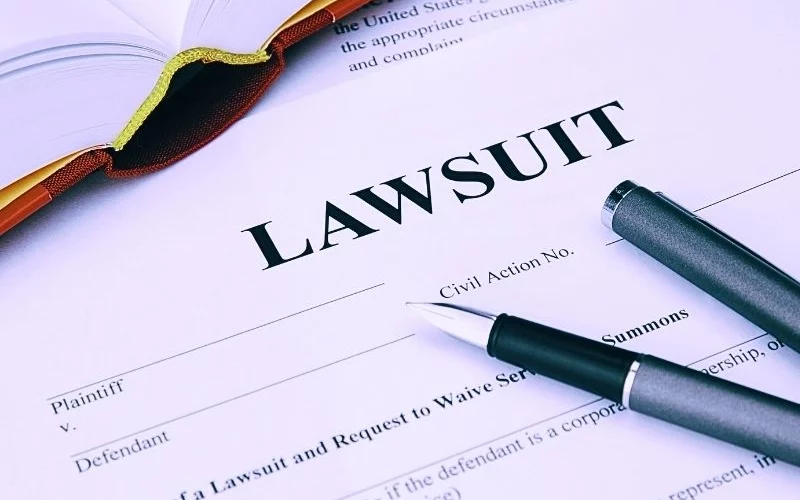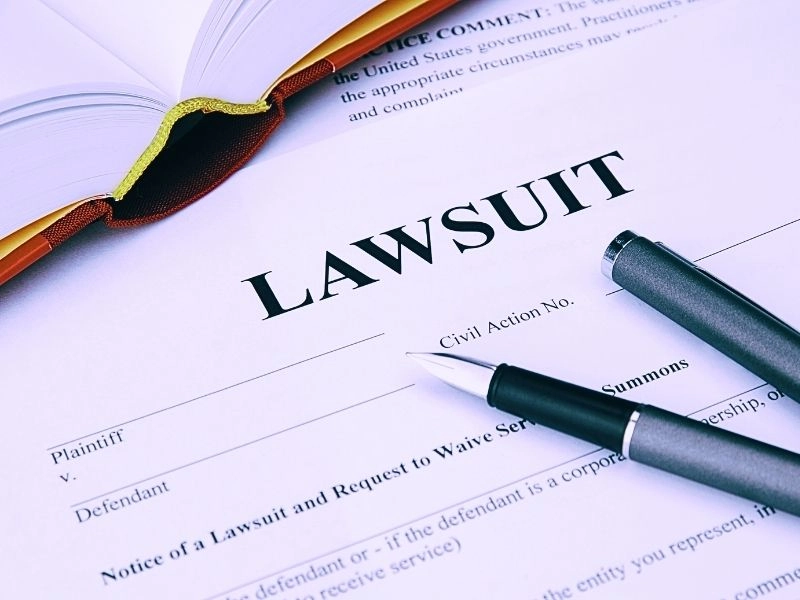Miami, FL — Lawsuit Against Icon Brickell: Analyzing Duty, Security, and Liability
24Sep
Miami, FL (September 24th, 2025) – The parents of a teen who was stabbed to death inside his Miami apartment have filed a wrongful death lawsuit against Icon Brickell. They are claiming negligent security at the Icon building contributed to their 17-year-old son’s preventable death.

The lawsuit against Icon Brickell is drawing widespread attention, not just because of the shocking details, but because it raises urgent questions about a building’s duty to protect residents from foreseeable harm. Can a condominium or apartment complex be held legally responsible for a crime committed by an outsider? What security failures can amount to negligence?
Table of Contents
What Happened Inside Icon Brickell?
According to investigators, the 26-year-old suspect gained access to the Icon Brickell by tailgating, or slipping in behind residents entering the building. He used elevators and stairwells to roam the property for more than three hours, trying door handles until he found an unlocked unit. That apartment belonged to the decedent’s father. The teen was asleep in his bedroom when the suspect entered and fatally stabbed him.
After the attack, the alleged suspect fled to a nearby construction site, where he later died from a fall. Surveillance footage documented his movements, but he had already killed the teen.
The deceased’s parents argue that the attack was preventable. Their wrongful death lawsuit claims that Icon Brickell and its management failed to implement basic protective measures to stop unauthorized access, monitor stairwells, or intervene before the suspect reached their son’s unit.
What Is Negligent Security?
Negligent security is a legal claim that arises when a property owner fails to provide reasonable safety measures, and that failure allows a violent crime to occur. Courts have developed standards for when property managers can be held responsible for third-party criminal acts, and this lawsuit puts many of those standards to the test.
How Negligent Security Is Defined
Negligent security generally refers to situations where property owners fail to take precautions that would reasonably protect tenants, customers, or guests from foreseeable harm.
Common examples of security failures may include:
- Failing to monitor entrances or prevent tailgating by non-residents
- Inadequate lighting, cameras, or patrols in common areas
When lapses such as these create an environment where crime is predictable, courts may find that the duty of care has been breached.
Liability and Wrongdoing Under Review
The legal elements courts weigh in negligent security and wrongful death claims include:
Duty of Care in High-Rise Buildings
Property owners and managers generally owe residents a duty of reasonable care. For high-rise condominiums, this often includes maintaining secure access points, key fob or card systems, monitored lobbies, and staffed security. If residents or guests can easily bypass these protections, the duty may be breached.
Foreseeability and Prior Incidents
Foreseeability plays a central role in these cases. Courts ask whether the crime could have been anticipated based on the property’s history or circumstances. If similar break-ins or security breaches had occurred in the past, it may strengthen the family’s argument that management should have acted sooner.
Breach and Proximate Cause
Even if a duty exists, plaintiffs must show the breach caused the harm. For example, in the Icon Brickell wrongful death case, the family may argue that inadequate monitoring allowed the suspect to slip into the building unchecked and that this failure directly led to the teen’s stabbing death. The defense, however, may suggest that the suspect’s action were unforeseeable and therefore break the chain of causation.
Comparative Fault Arguments
Defendants may also claim that the unlocked apartment door contributed to the tragedy. Florida’s comparative fault rules allow damages to be reduced if multiple parties share responsibility. However, the plaintiffs are expected to emphasize that the attacker never should have been inside the building at all.
Why the Lawsuit Matters Beyond the Icon Brickell Case
The lawsuit isn’t only about one building. It highlights broader issues facing residential complexes in Miami, Clearwater, and throughout Florida. High-rise buildings often present unique security challenges, and courts are paying closer attention to whether management takes them seriously.
The Impact on High-Rise Security Standards
A ruling in favor of the family in this case may encourage more residents to sue if they believe their building failed to provide adequate security. It may also push managers to adopt more advanced safeguards, such as anti-tailgating systems or stricter visitor protocols.
Resident Responsibility
For residents, this case is a reminder that personal vigilance and building-wide systems must work together. Locking doors, reporting suspicious activity, and demanding accountability from management can help reduce risks.
Insurance and Liability Considerations
Property managers may face higher insurance premiums or be required to improve security to reduce legal exposure. Comprehensive risk assessments and emergency response plans are increasingly important for liability management.
What Damages Could the Family Recover in the Lawsuit Against Icon Brickell?
While the initial complaint lists $50,000, that number may not represent the full damages sought. In Florida wrongful death claims, families can seek multiple categories of compensation.
Types of Damages Available
- Funeral and medical expenses
- Loss of financial support and services
- Loss of companionship and parental guidance
- Emotional pain and suffering
Depending on the circumstances, punitive damages may also be considered if the court finds reckless disregard for safety.
Frequently Asked Questions About the Icon Brickell Lawsuit
This lawsuit against Icon Brickell raises common concerns for residents and families. Here are some direct answers based on Florida law.
Can a condo building be sued if someone is murdered inside a unit?
Yes. If negligent security allowed the attacker to gain access, the building and its management may be held liable for wrongful death.
Does leaving a door unlocked prevent recovery in a wrongful death case?
Not entirely. While it could reduce the amount of damages under comparative fault, plaintiffs can still recover if the building’s security failures were a significant factor.
How long do families have to file a wrongful death lawsuit in Florida?
Generally, the statute of limitations is two years from the date of death. Exceptions may apply, so families should seek legal advice promptly.
What This Case Means for Residents and Property Owners
The lawsuit against Icon Brickell is about more than one family’s search for justice. It raises critical questions in Florida premises liability law, particularly regarding how much responsibility property managers have to prevent criminal acts by outsiders.
For residents, the case underscores the importance of personal vigilance and the need to report security lapses. For property owners and managers, it signals increasing legal scrutiny of access controls and safety measures.
If you or a loved one has been affected by negligent security, contact Light & Wyatt Law Group in Clearwater at 727-499-9900. Our team can evaluate your situation, explain your legal rights, and guide you through your options for seeking compensation.
